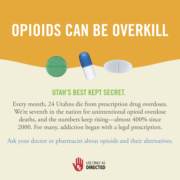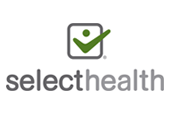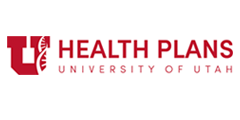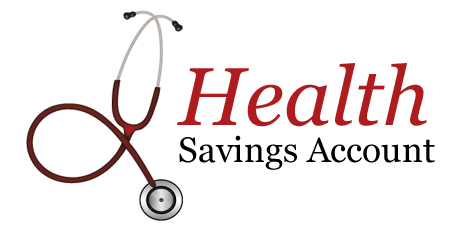Safe Opioid Disposal
Did you know that eighty percent of people addicted to heroin started with a legal prescription of an opioid?
Opioids are a common medication given to treat pain. Often, a patient prescribed these medications does not need the entire prescribed amount, leaving extra pills unused. Opioids can also be very addictive, thus a safe way to dispose of any unused amounts is important.
Some common opioids include:
- Hydrocodone (Norco, Lortab, Vicodin, Zohydro)
- Oxycodone (OxyContin, Percocet, Percodan, Roxicodone)
- Morphine (MSIR, MS Contin)
- Codeine (Tylenol #3, Phenergan with codeine)
- Fentanyl (Duragesic, Actiq)
- Hydromorphone (Dilaudid)
- Oxymorphone (Opana)
- Meperidine (Demerol)
- Tramadol (Ultram, ConZip)
- Buprenorphine (Subutex, Suboxone, Butrans, Zubsolv)
- Methadone (Dolophine, Methadose)
Intermountain Community Pharmacies provide collection sites for free.
For more information on safe disposal visit http://useonlyasdirected.org/

Source: Use Only As Directed















